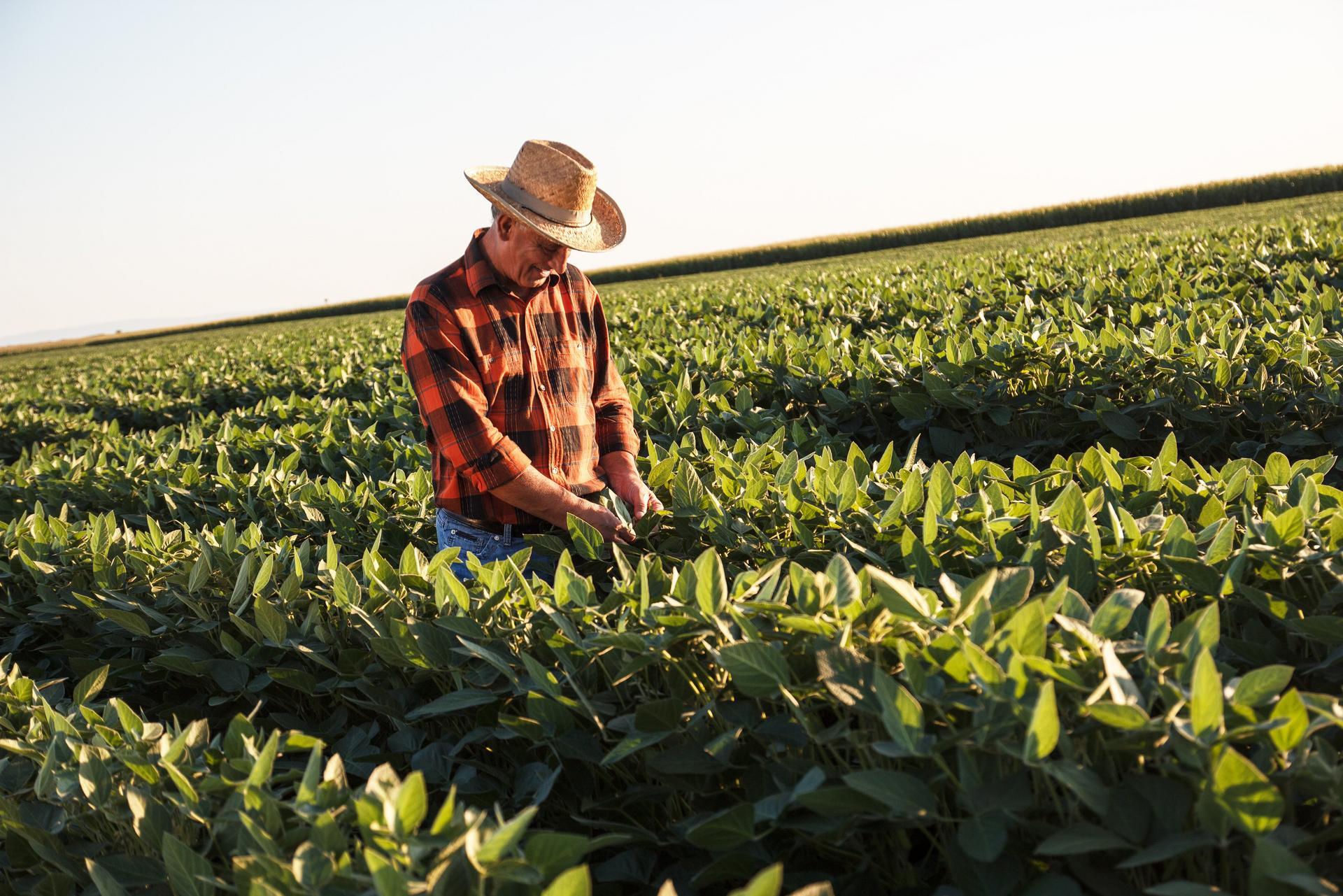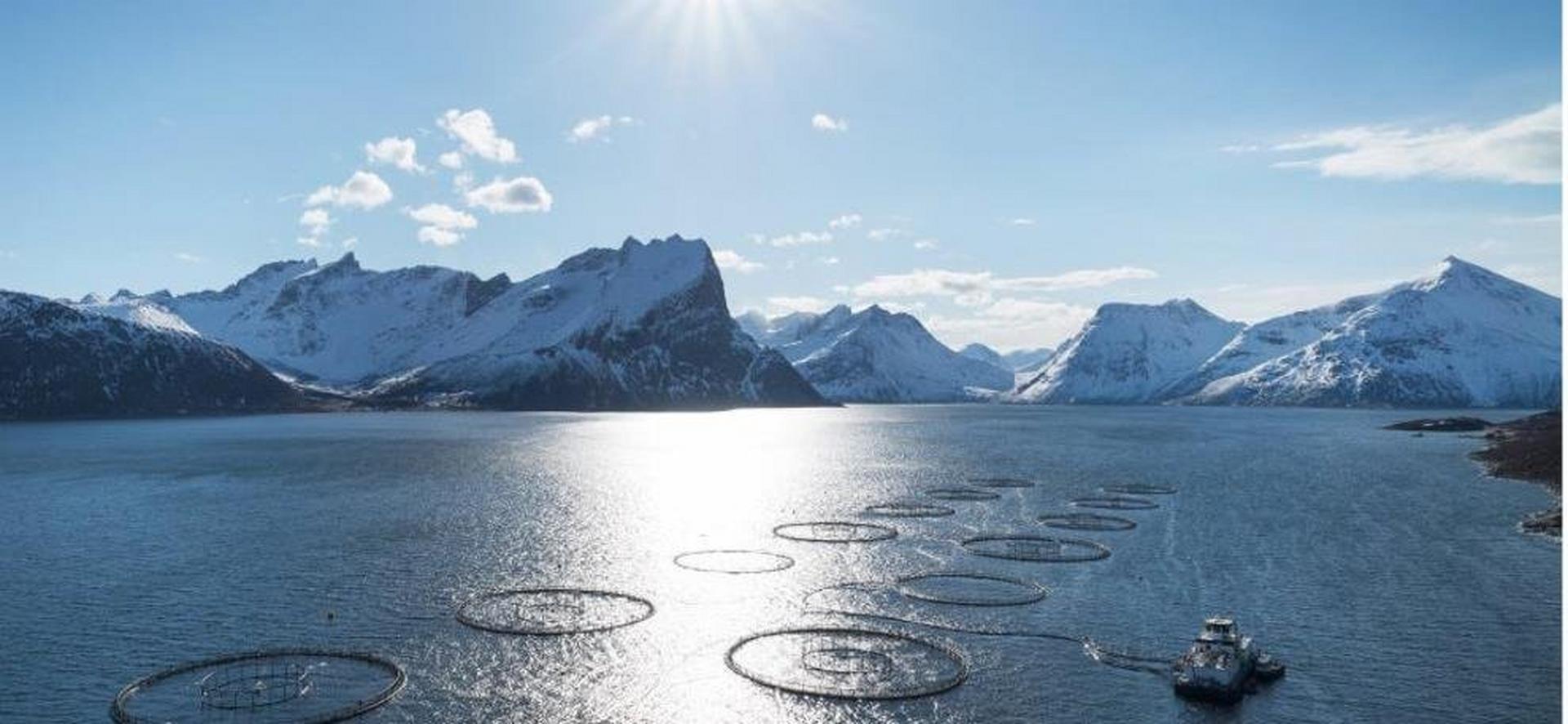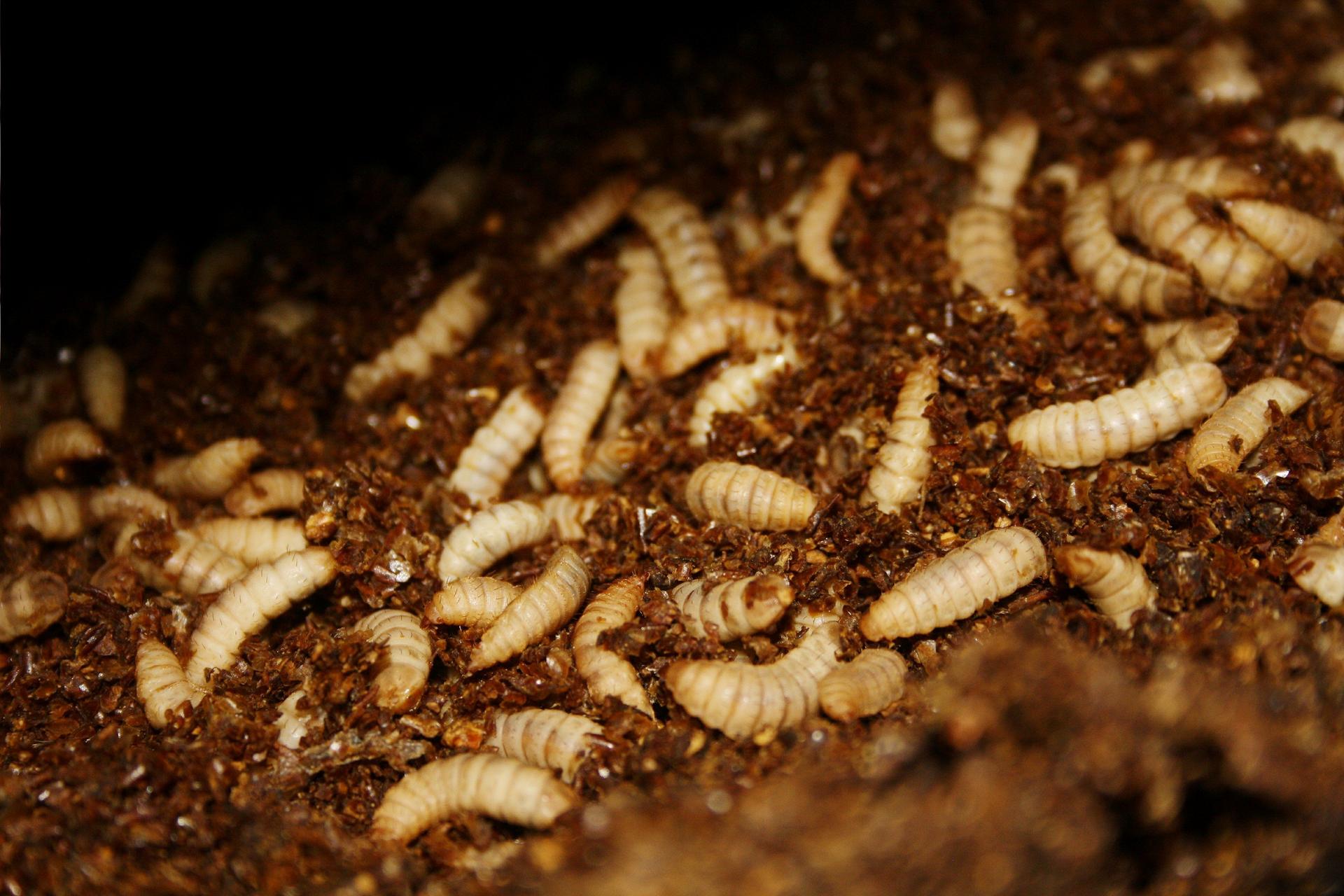They also made impressive strides in cutting energy consumption by upgrading their ventilation system and optimizing RAS operations around slaughter and sales timings, achieving a remarkable 20% reduction in energy use.
Lauris believes that transformative change doesn’t have to be revolutionary. Sustainability can be built step by step. While the journey requires effort, carefully planned and executed manageable projects pave the way for broader and more impactful transformations.
Blue Circle’s ambitions extend far beyond their current measures. Lauris and his team are working toward a fully circular, zero-waste operation. They are exploring ideas like sustainable packaging, alternative transport methods, solar energy, and ways to minimize water usage. While these goals are ambitious, Lauris emphasizes the value of starting small and building momentum gradually.
Collaboration has been key to these innovations. Lauris highlights the importance of partnerships along the way. “Our feed supplier, BioMar are supporting us throughout our journey, with advisory, networking events and delivering sustainable produced feed that support our end goals perfectly” he states.











?w=1920&%24withDefaultImage%24=&fmt=auto)


